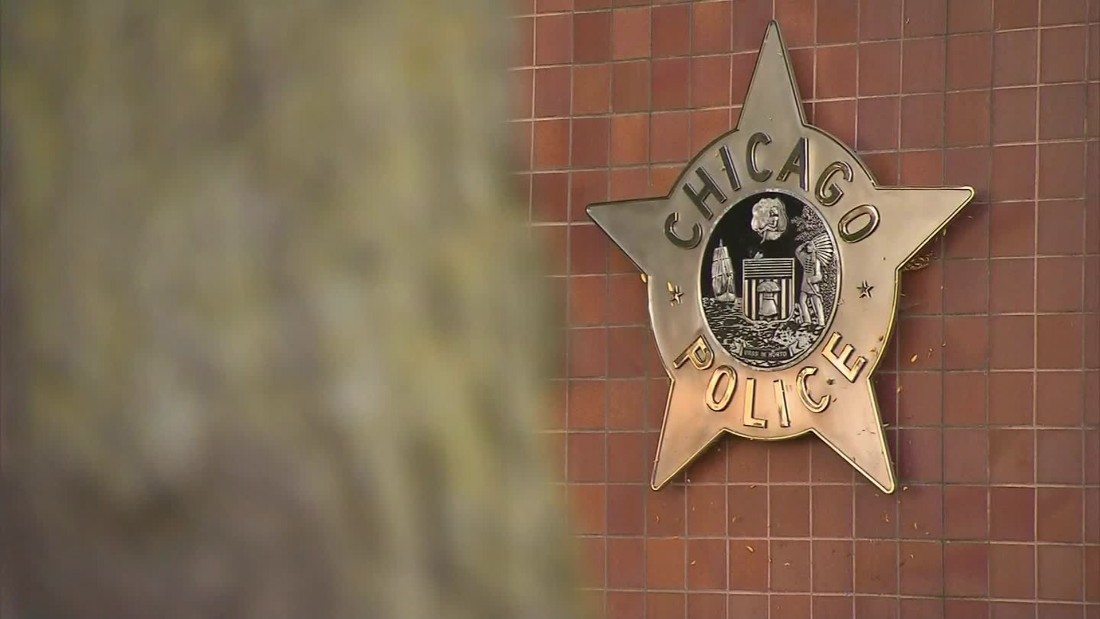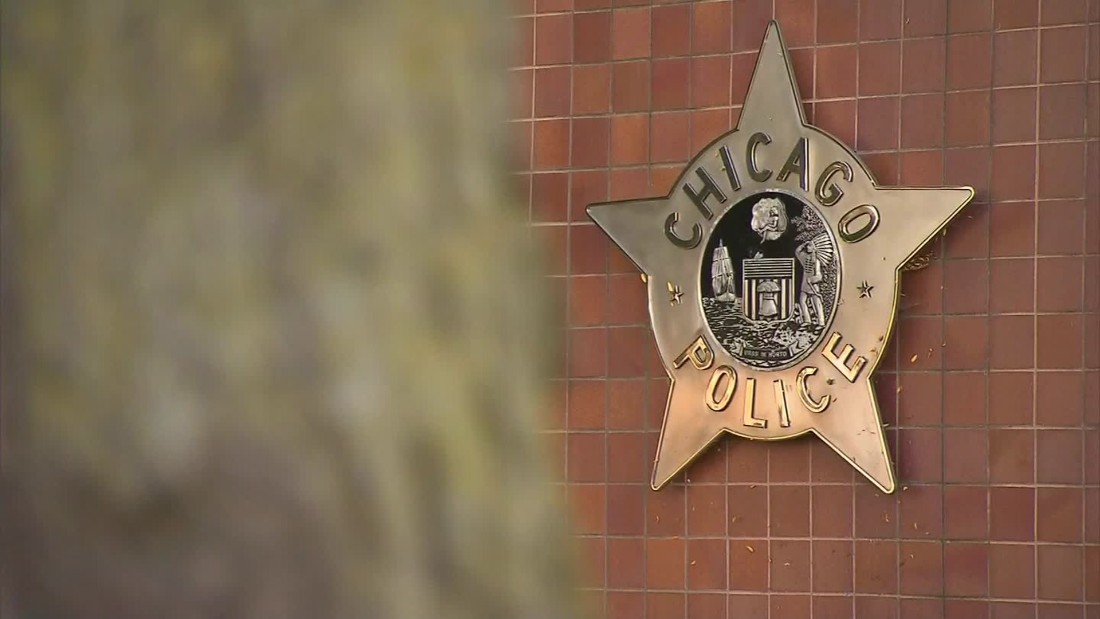Chicago police DOJ report details incidents of excessive force

(CNN)A naked elderly woman jolted with a Taser. Fatal shots fired at an unarmed man. Boys handcuffed after shooting hoops on an officer’s property.
The cases are among those revealed by the US Justice Department’s 13-month review of the Chicago Police Department.
The agency announced Friday it uncovered a pattern of unconstitutionally excessive and deadly force, and the city has agreed to negotiate a reform plan to be overseen by a federal judge.
CNN combed through the DOJ report to try to understand how the feds reached their conclusions.
Here’s some of what we found, excerpted directly from the report:
Three shootings
A man had been walking down a residential street with a friend when officers drove up, shined a light on him, and ordered him to freeze, because he had been fidgeting with his waistband. The man ran. Three officers gave chase and began shooting as they ran. In total, the officers fired 45 rounds, including 28 rifle rounds, toward the man. Several rounds struck the man, killing him. The officers claimed the man fired at them during the pursuit. Officers found no gun on the man. Read more.
A CPD officer fatally shot a fleeing, unarmed suspect in the back. The officer told investigators the suspect had turned around to point a black object. This account did not square with the location of the shooting victim’s gunshot wounds and appeared contrary to video footage that showed the suspect running away from the officer. Again, IPRA (Independent Police Review Authority) accepted the officer’s account, despite the conflicting evidence. IPRA’s final report of the incident did not mention the existence of the video. Read more.
Video evidence showed the tragic end of a foot pursuit of a man who was not a threat when an officer shot him in the back. The officer, who fired 16 shots, killing the man, claimed on his force report that the man was armed and the man “charged (him) with apparent firearm.” The officer shot the man during the foot pursuit, and dashboard-camera footage showed that as the unarmed man lay on the ground, the officer fired three shots into his back. CPD stripped the officer of his police powers after this shooting — his third that year — and the City paid the man’s family $4.1 million in settlement. Read more.
‘Force against children’
We also found instances in which force was used against children in a retaliatory manner. In one incident, an officer’s neighbor called to report that some boys were playing basketball on the officer’s property. The officer, on duty, left his district to respond and found the teenage boys down the street on their bikes. The officer pointed his gun at them, used profanity, and threatened to put their heads through a wall and to blow up their homes. … The mothers reported the incident to IPRA. The officer, who had not reported the use of force, accepted a finding of “sustained” and received a five-day suspension. Read more
In another case, an officer forcibly handcuffed a 12-year-old Latino boy who was outside riding a bike under his father’s supervision. A plainclothes officer, responding to a report of “two male Hispanics running from” the area, detained the boy. According to the boy and his father, the officer approached the boy, ordered him to stop his bike, forcibly handcuffed him, pulled him off his bike, and placed him up against a fence. … The boy’s father approached the officer, explained that his son was only 12 years old, and asked what was going on. … The officer placed the boy in the back of a police vehicle before eventually releasing him. The officer’s only apparent basis for this detention was the boy’s race, which is constitutionally unreasonable. Read more.
Officers hit a 16-year-old girl with a baton and then Tasered her after she was asked to leave the school for having a cell phone in violation of school rules. Officers were called in to arrest her for trespassing. Officers claimed the force was justified because she flailed her arms when they tried to arrest her, with no adequate explanation for how such flailing met the criteria for use of a Taser. Read more.
Mental patients Tasered
Officers used a Taser against an unarmed, naked, 65-year-old-woman who had bipolar disorder and schizophrenia. Officers used a Taser “to subdue a mental who ignored verbal commands” because he was believed to be a danger to himself and others. Officers twice drive-stunned a man who they then transported for a mental health evaluation. Officers used a Taser in probe and drive-stun mode against an unarmed suicidal man who pulled away from the responding officers. Officers, who were responding to a call that a woman was “off meds” and “not violent,” Tasered an unarmed woman because she pulled away and “repeatedly moved (her) arm.” CPD did not conduct any investigation or review of these incidents. Read more.
Handcuffed man punched
Another video shows an officer punching a handcuffed man several times, apparently in retaliation for the man having earlier punched the officer. The officer claimed falsely in his report, again using language very similar to many other reports we read, that the man had been struggling and kicking and that the force had been necessary to control him. Unknown to the officer, the incident was captured on surveillance video of the hospital where officers had taken him for a psychiatric evaluation. The officer’s partner also did not report this unlawful force, and supervisors deemed the use of force justified. It was only after the hospital staff who reviewed the video contacted IPRA that anyone was disciplined. Read more.
Shooting at suspects
In some incidents, officers appeared to fire their weapons merely because others had done so. For example, in one case, two officers chased a man they saw carrying a gun. During the foot pursuit, one officer told his partner he intended to shoot, and then fired 11 shots at the suspect. The partner then fired five shots of his own. Later recounting the incident to IPRA, the partner did not articulate any threatening actions by the man that prompted him to shoot. He stated that the suspect did not turn his body or raise his weapon. Instead, he explained that the first officer began shooting and so he did as well. Read more.
Shot from behind
A tactical officer in plain clothes jumped out of an unmarked car, chased a man who ran from him, and ultimately shot the man from behind. Officers claimed the man pointed a gun, but no weapon was recovered. The shooting victim explained to investigators that he ran because a sedan he did not recognize had raced through a stop sign and headed toward him. Similarly, in another case, two plainclothes officers dressed in black and in unmarked vehicles approached a man and his female passenger as they were getting into their car. According to the woman, the couple did not know they were officers and fled, and an officer shot at the side and rear of the vehicle, killing the man. Read more.
Read more: http://www.cnn.com/2017/01/13/us/chicago-police-doj-report/index.html
